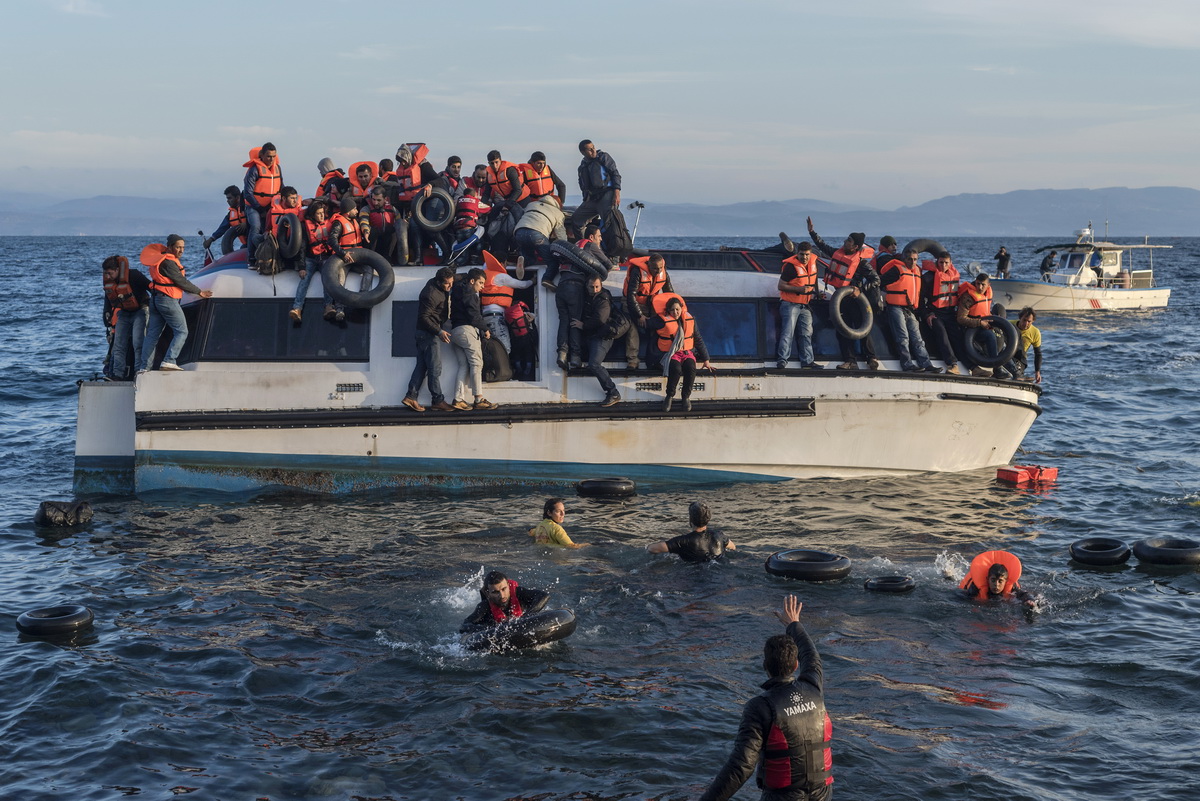The EU-Turkey deal has set a bad precedent to other countries in the world especially those hosting large numbers of asylum seekers and refugees. The deal has the implication that asylum seeking is no longer a right (at least not in the EU) and neither are the provisions of the 1951 Refugee Convention nor the 1967 Protocol binding to state parties.
By refusing to take in asylum seekers, the EU has sent a message to other states that political expediency is a justification for contravention of obligations imposed by international law. And by choosing Turkey a country whose human rights record is wanting, the EU is exposing the asylum seekers’ to abuses and more suffering. By doing so, the EU has lost the moral authority to chaperone others (especially developing countries) in matters of human rights.
Accepting asylum seekers demands provision of basic needs, education and employment, which is indeed a huge cost on the economy of the hosting states. Genuine fears about stretched social services and low wages as a result of huge numbers entering any given country abound. Indeed the 1951 convention recognized this fact and envisaged international cooperation in sharing the burden. However, it did not envisage ‘outsourcing’ asylum management as the EU-Turkey deal has done, or as Australia has been doing with its ‘Pacific Solution’.
It is apparent the EU has panicked over the over one million asylum seekers that have entered its territory of 28 states. However, this pales in comparison to the 600,000 that are already in Jordan, and 1.1 million in Lebanon, which are geographically very small countries. In Africa, Ethiopia alone is hosting over 700,000 while Kenya and Uganda have over 1.1 million between them. These countries have continued to bear this burden even though they are barely able to meet the needs of their own citizens.
The deal therefore is self-serving as it is meant to appease the local constituencies without consideration for human dignity and lacks compassion for humanity. Indeed, the only reason Australia and the EU can ‘outsource’ asylum management and get away with it is their financial muscle and their standing in the world order.
However, while there are a myriad of reasons why people move, our concern and that of the EU should be the protection of those genuinely fleeing wars and extreme violence such as from non-state actors as Daesh. This then begs the question, who will be our brothers’ keeper if all the doors (borders) are closed to them? What if other countries followed suit and denied all asylum seekers entry? I believe the drafters of the 1951 convention and the 1967 Protocol meant to prevent such an occurrence.
Statistically, UNHCR records show that 84% of those who sought refuge in the EU in 2015 came from the top three refugee producing countries namely Syria, Iraq and Afghanistan, meaning they are people fleeing war for sure. Therefore, implementing a blanket ban on all those entering European shores as ‘illegal’ migrants is ill advised as it will deny genuine asylum seekers the protection they deserve. In fact, this also tantamount to playing into the hands of those terror groups who sponsor the violence for their own benefit. Unfortunately, the result is double jeopardy to the victims who will find themselves returned to the same places to face the same terror they initially fled from.
The problem of illegal entry should only arise after individuals concerned are taken through a process that is duly set up to determine their claims. It is at this stage where asylum seekers and other migrants can be distinguished and separated accordingly. However, the EU-Turkey deal demands immediate removal of all who land on the Greek shores having come through Turkey. This contravenes the principles of non-refoulement and non-penalization which are the backbone of refugee protection as Turkey is by no means a safe first country for claiming asylum in!
Security considerations brought on by the terror attacks in Paris and more recently Brussels have increased the need to reduce migrant arrivals in Europe. While it is true that criminals can and do take advantage of large movement of people to sneak in, a majority of asylum seekers have mostly been victims of the same terror attacks back home. None of those involved in the Paris and Brussels attacks was an asylum seeker. It is now apparent that new methods need to be devised to keep up with the changing security environment everywhere in the world.
As a progressive organization therefore, the EU should strive to promote greater protection of human rights, and not contribute to increased human tragedy by refoulement of asylum seekers. After all, refugee protection is not always a permanent state as refugees can repatriate once the situation improves in their countries of origin. In fact, instead of financing Turkey to take back asylum seekers, focus should be on stopping the conflicts in Syria, Afghanistan and Iraq.














Leave a Comment
Your email address will not be published. Required fields are marked with *